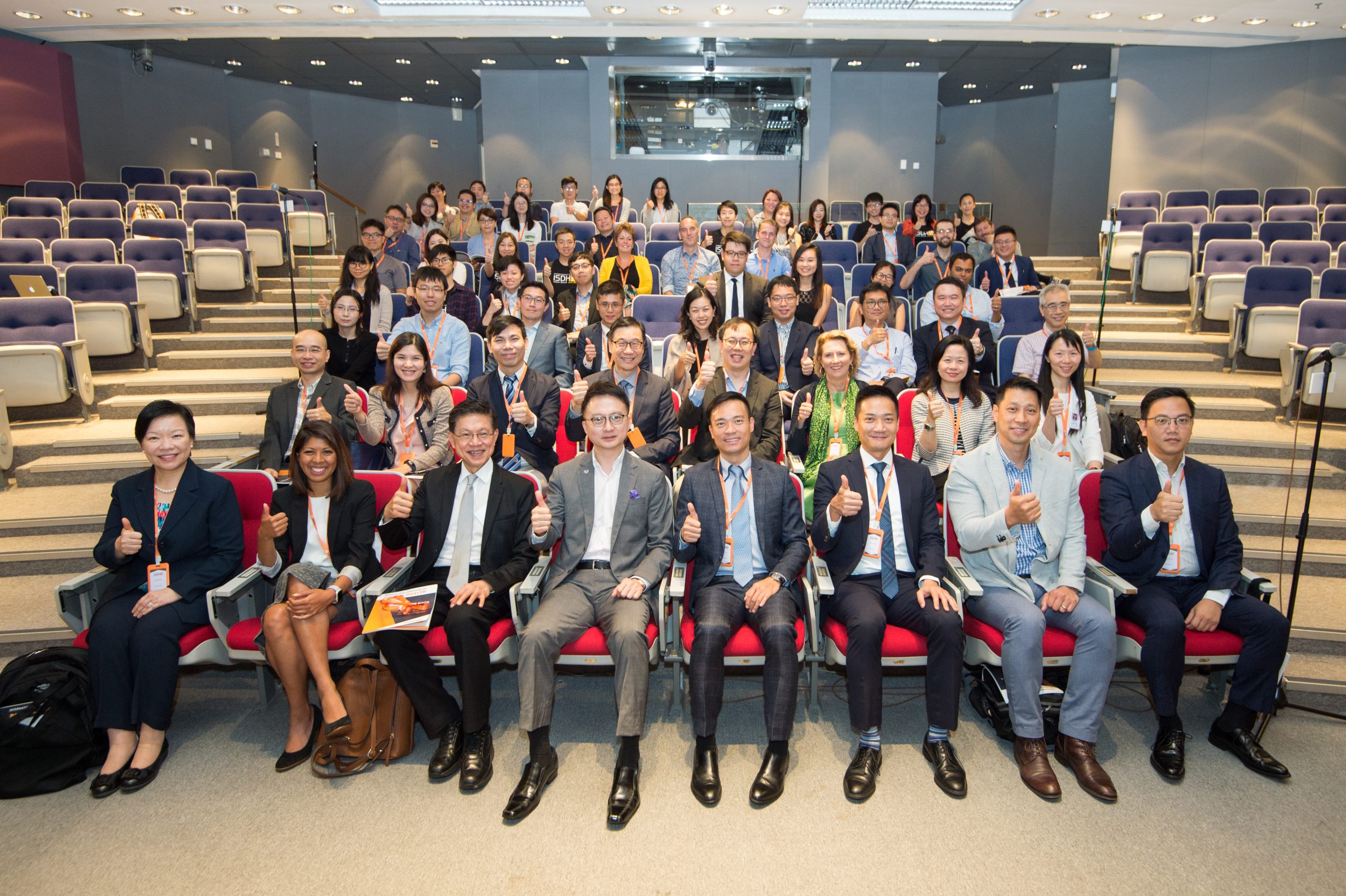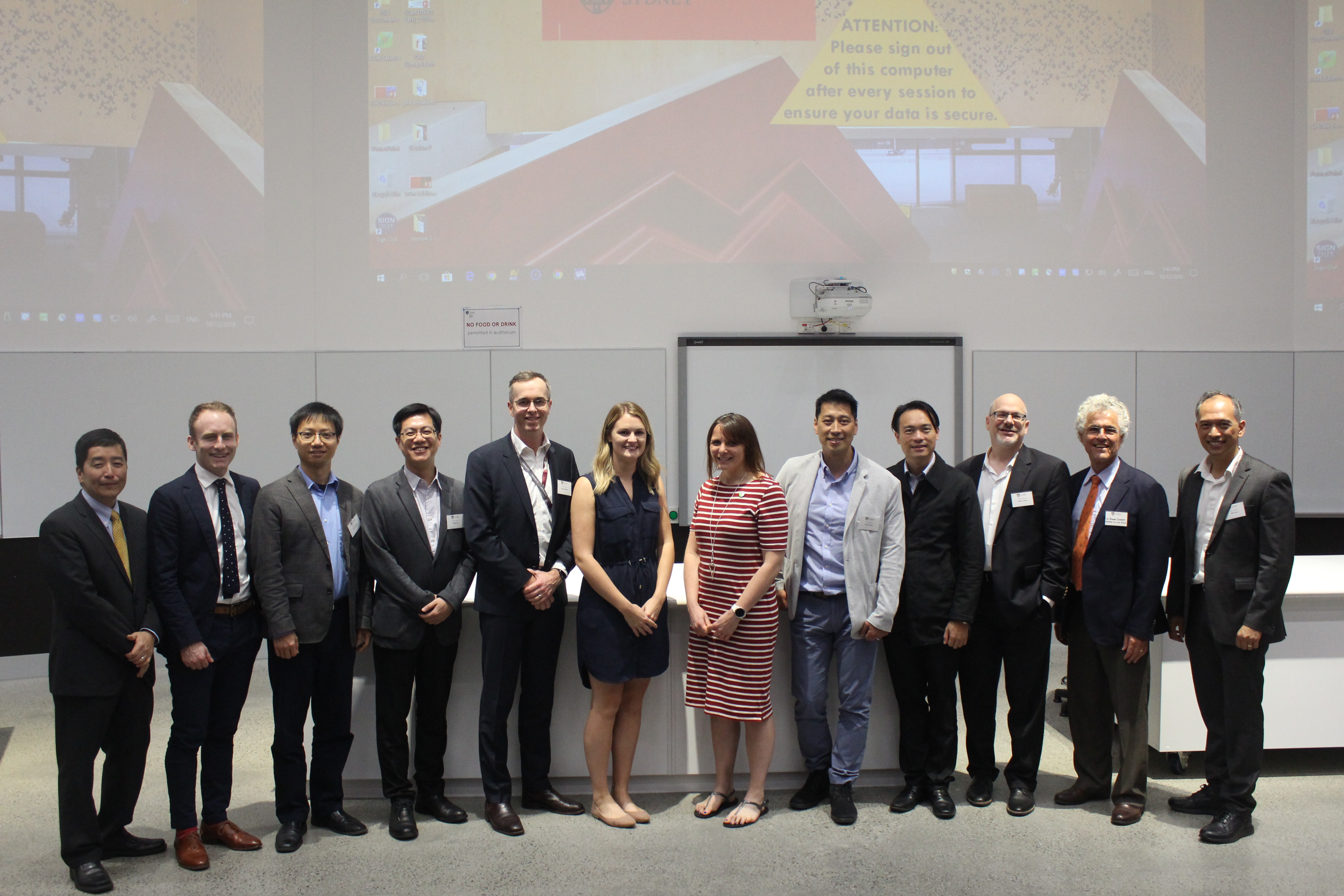
Summary
Digital infrastructures and the data they can harness are opening up new possibilities for health care. The potential benefits are extremely wide-ranging, from using treatment data-sets in new ways, to incorporating machine learning into diagnoses, to phone apps that can monitor health indicators or give advice. With digital health technologies developing so rapidly, it is essential to identify and support those that will help most in improving health care. Read more about the collaborative work on this, led by Associate Professors Simon Poon (University of Sydney) and Kelvin Tsoi (Chinese University of Hong Kong).
Full story
Digital health (DH) aims to improve medical outcomes by fostering an integrated ecosystem of people, information, and technology—connecting up data, needs, and knowledge. Increasingly, governments are considering the readiness of their digital infrastructure and medical schools are improving the digital literacy training they offer their students. If 70% of deaths worldwide are from non-communicable diseases, as Dr Michelle Morris (University of Leeds) pointed out during a recent workshop, digital health could have a major impact on health outcomes globally. But innovation led by technical expertise—the work of engineers, designers, data scientists—can be out of step with patient care when the two sides aren’t sufficiently in dialogue.
There are two main forms of DH input, explained Associate Professor Simon Poon (University of Sydney). The first is ‘digitisation’, such as the production of electronic health records or the capture of data through Fitbits and smart phones. The second is ‘digitalisation’: how we use these systems, how the technologies influence us, ‘how we are going to rearrange our lives’ to incorporate and act on this technical know-how. Questions of inequality are paramount, with social and economic inequalities affecting individuals’ access to technology as well as to health, both across and within societies. As Poon noted: ‘the more we build digital health technologies, if you don’t carry people through it will be built more for the elites than for the wider population.’
While the WUN Digital Health Research Network (DHRN) launched thanks to a proposal that spoke mainly about digitisation, as their work has progressed they have turned more towards digitalisation. One of the practical challenges Poon hopes to unlock is how to make use of ‘process-centric information’. In this scenario, data about systems and processes will be added to the patient-centric picture that has traditionally been used to manage treatment; information about when a patient was transferred to a specialist, how long someone waited to be seen, or who processed their scans or tests, will be analysed alongside the person’s symptoms, health profiles, and test results. This combination, he believes, will improve our understanding of decision-making and will ultimately have ‘strong implications for the patient outcome’.
To promote rigorous approaches to this rapidly-evolving field, participants in the WUN DHRN co-founded the International Society of Digital Health (ISDH). Complementing existing national or practice-based associations, the ISDH fills the need for an international organisation specialised in bringing together the disparate contributors that digital health research needs. ‘Lab sciences or biomedical sciences, for instance, are very different from social science research on the use of technologies,’ Poon emphasised. ‘We would like to have a way of nurturing the convergences between them.’ Kelvin Tsoi (Chinese University of Hong Kong) was elected as the Society’s inaugural president in recognition of his instrumental role in the field.
For Poon, WUN’s commitment to funding multilateral partnerships made it the right fit for their global and multidisciplinary ‘United Nations kind of approach’. Their experience indicates that when co-design involves patients and practitioners new ideas can be scaled up more quickly.
—
Associate Professor Simon Poon is Principal Investigator of the Digital Health Research Network. Its WUN partner institutions are the Chinese University of Hong Kong, the University of Leeds, the University of Rochester, the University of Southampton and the University of Sydney. For more information see their WUN page.